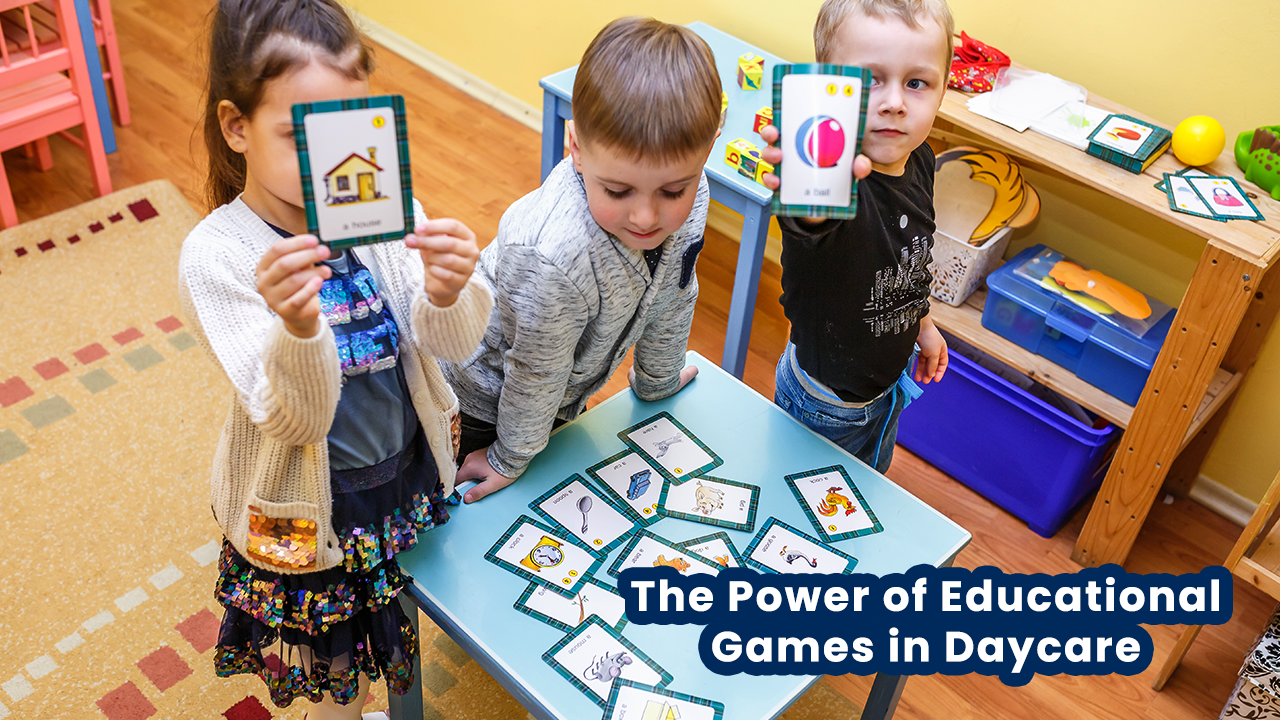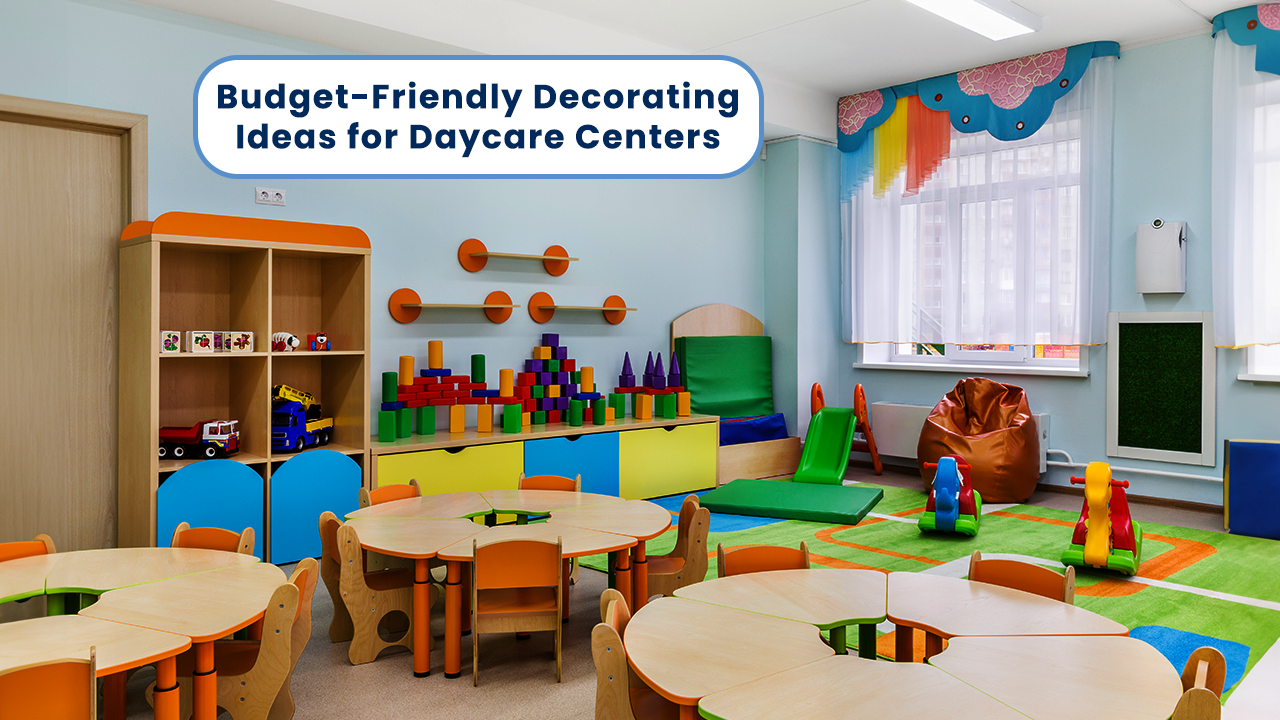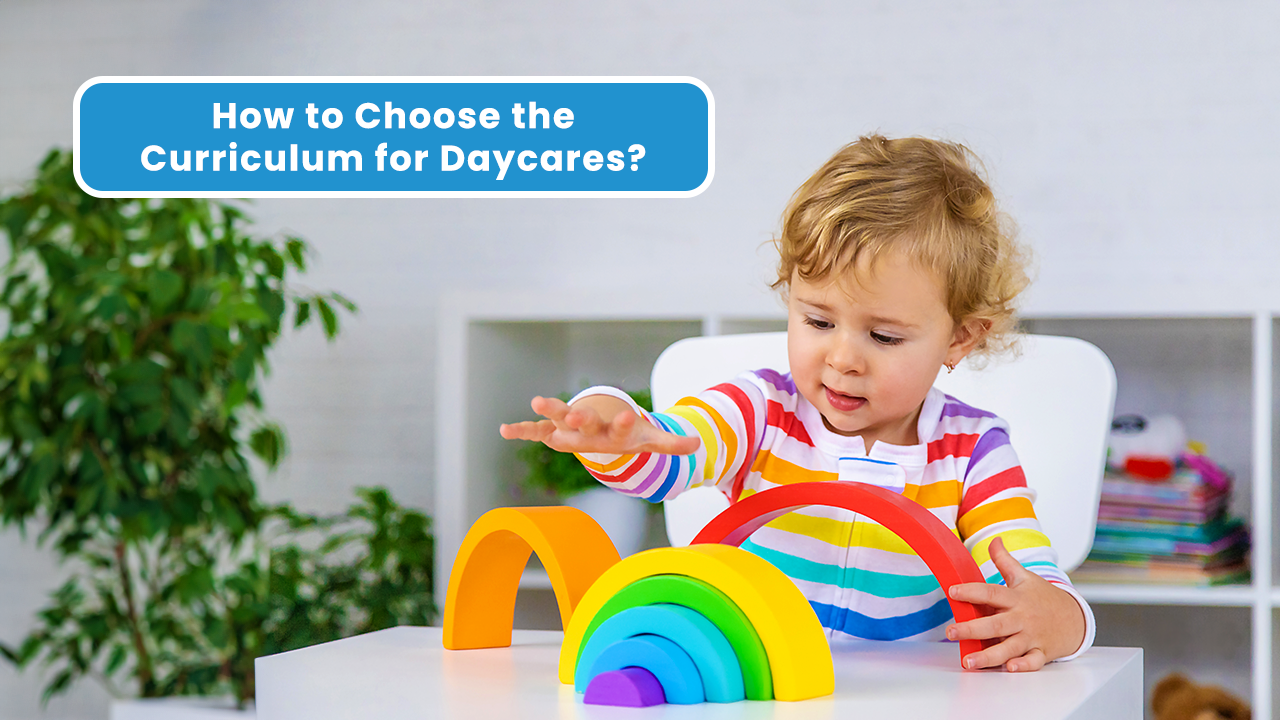
In the dynamic daycare environment, where young minds are eager to explore and learn, incorporating educational games has proven to be a transformative and engaging approach to early childhood education. Far from mere entertainment, these games are potent tools that stimulate cognitive development and foster social skills. In this blog, we will delve into the significant power of educational games in daycare settings.
Unleashing the Power of Educational Games in Daycare
Learning Through Play:
Educational games are synonymous with learning through play, a concept deeply ingrained in early childhood education philosophy. These games provide a hands-on, interactive experience that allows children to absorb new ideas, develop problem-solving skills, and enhance their creativity in a fun and natural way. The daycare environment is enriched when learning becomes synonymous with play, creating a positive and engaging atmosphere.
Cognitive Development:
The brain undergoes rapid development during the early years, and educational games play a pivotal role in nurturing this growth. Games that involve puzzles, memory exercises, and pattern recognition stimulate various cognitive functions, including memory, attention, and critical thinking. These activities contribute to forming a solid mental foundation, preparing children for academic success in the future.
Socialization Skills:
Daycare is not just about academic development but also a crucial socialization hub for young children. Educational games are designed to be collaborative, encouraging teamwork, communication, and the sharing of ideas. Children learn essential social skills such as taking turns, cooperation, and effective communication through group activities and games.
Tailored Learning Experiences:
Educational games can be customized to cater to each child’s individual needs and interests. Daycare providers can identify specific areas of development for each child and select games that target those areas. Whether it’s language development, motor skills, or mathematical concepts, educational games provide a versatile platform for tailored learning experiences that cater to the diverse needs of young learners.
Instilling a Love for Learning:
Fostering a genuine love for learning from an early age is the key to long-term academic success. Educational games make learning enjoyable, turning the daycare environment into a space where children eagerly anticipate discovering new concepts. When education is associated with positive experiences, children are more likely to approach learning with enthusiasm and curiosity as they progress through their educational journey.
Parental Involvement and Extension:
Educational games often transcend the boundaries of the daycare setting. Parents can be actively involved by extending the learning experience at home. Many games come with resources and guidelines for parents to reinforce the skills learned in daycare, creating a solid partnership between educators and parents in the child’s educational journey.
The Drawbacks of Educational Games in Daycare
Overemphasis on Screen Time:
In an era where technology is prevalent, some educational games rely heavily on screens. Excessive screen time can adversely affect children’s physical health, sleep patterns, and overall well-being. Daycares must balance digital and non-digital educational games to prevent overexposure to screens. Learn more about the impact of screen time on kids.
One-Size-Fits-All Approach:
Not all children learn at the same pace or through the same methods. Some educational games may adopt a one-size-fits-all approach, frustrating children who require different learning styles or pacing. Daycare providers must be attuned to individual learning needs and supplement games with diverse teaching methods.
Potential for Academic Pressure:
While educational games aim to make learning enjoyable. Still, there is a risk of inadvertently introducing academic pressure, especially if the focus is solely on achievement and progress. Balancing educational games with free play and creative activities is crucial to maintaining a positive and stress-free learning environment.
Limited social interaction:
Some educational games, particularly those designed for individual use, may limit social interaction among children. As a result, socialization is a crucial aspect of daycare, and games that isolate children from one another can hinder the development of essential social skills, teamwork, and cooperation.
Dependency on External Rewards:
Certain educational games incorporate external rewards, such as points, stickers, or prizes, to motivate children. While these rewards can be effective in the short term, they may inadvertently shift the focus from intrinsic motivation to external rewards. It’s essential to balance the use of rewards and encourage a genuine love for learning.
Potential for overstimulation:
Some educational games may be designed with vibrant colors, sounds, and fast-paced activities to capture children’s attention. However, overstimulation is risky and can lead to fatigue, reduced concentration, and sensory overload. Daycare providers should select games that strike a balance and consider the individual sensitivities of each child.
Logistical Challenges and Resource Requirements:
Implementing educational games in daycare may pose logistical challenges, including the need for appropriate materials, space, and time. Not all daycares may have the resources to consistently provide a wide variety of educational games. Inadequate planning or insufficient resources can impact the effectiveness of incorporating educational games into the curriculum.
Parental Concerns and Misalignment:
Educational games may evoke varying levels of support or concern among parents. Some parents may worry about the amount of screen time, the content of the games, or the emphasis on academic achievement. Maintaining open communication with parents and addressing their concerns is crucial to ensuring alignment between daycare practices and parental expectations.
Types of Educational Games in Daycare
Here are some examples of educational games that can be implemented in daycare settings to promote learning and development:
Alphabet and Number Games:
These games focus on introducing and reinforcing the foundational concepts of letters and numbers. Activities like alphabet bingo, number recognition scavenger hunts, and counting games make learning the basics of language and mathematics enjoyable for young learners.
Shape and Color Recognition Activities:
Games that involve sorting, matching, and identifying shapes and colors help children develop visual discrimination skills. Shape sorting bins, color-matching memory games, and interactive color hunts are examples of activities that enhance these fundamental skills.
Puzzle Play:
Puzzles are excellent tools for promoting problem-solving, spatial awareness, and fine motor skills. Daycare providers can offer complex puzzles for different age groups and skill levels, encouraging cognitive development through hands-on engagement.
Memory and Matching Games:
Memory and matching games enhance concentration and cognitive abilities. That is because these games often involve flipping cards or pieces to find matching pairs, stimulating memory recall and improving attention span. Matching games can feature letters, numbers, shapes, or thematic images.
Language and Vocabulary Building Games:
Language-focused games aim to expand vocabulary, improve language skills, and promote communication. That is because word games, storytelling circles, and vocabulary-building activities contribute to developing early literacy skills in a fun and interactive way.
Conclusion on Educational Games in Daycare
Educational games in daycare are not just about keeping children entertained; moreover, they are a gateway to a world of discovery, development, and joyous learning. As daycare providers embrace the power of educational games, they pave the way for a generation of young minds who are academically prepared and possess the social and cognitive skills needed for a successful future. Read more about the importance of play in child development and growth.


